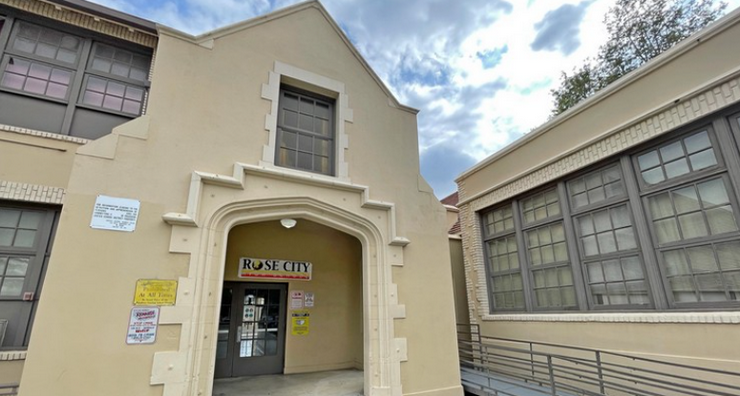As the new year begins, a small but significant handful of new State laws will begin to take effect in Pasadena. The new state laws effectively supersede local zoning laws and have generated considerable concern in City Council.
Mayor Terry Tornek has called the new legislation “the end of single-family neighborhoods” in Pasadena.
Planning and Community Development Director David Reyes will address the new laws and update the Planning Commission Wednesday, at the group’s bi-monthly meeting. Reyes previously reported on the new laws to the City Council at its December 9 meeting.
Among the new laws, Senate Bill 330, Assembly Bill 1763, and a number of bills relating to Accessory Dwelling Units (ADUs), also known as “Granny Flats,” will likely have the most impact on the city.
According to a report prepared by the City Manager’s office, SB 330 will prohibit any reduction of any city’s housing development capacity through downzoning. It also prohibits housing moratoriums for a period of five years, while creating a new preliminary application process and requiring that new housing development meet certain requirements when replacing existing housing units.
AB 1763 creates a stronger density bonus incentive program for projects that consist of 100% affordable housing, said the report. The ADU bills combined result in limiting local jurisdictions’ ability to impose certain development standards and impact fees, allows ADUs in multi-family zones, and requires that a Junior ADU be allowed within an existing residence, in addition to a newly constructed ADU.
According to the report, City Staff is preparing to implement the new bills through a series of ordinances that will be brought to the City Council later in the year.
The new legislation is, according to the City Manager’s office, “aimed at “increasing production, lowering housing costs, and increasing accountability and enforcement for local jurisdictions to produce adequate housing supply.”
The report noted that State housing production averaged less than 80,000 new homes annually over the last 10 years, and ongoing production continues to fall far below the projected need of 180,000 additional homes annually.
“Lack of supply and rising costs are compounding growth inequality and limiting advancement opportunities for younger Californians. Without intervention, much of the housing growth is expected to overlap significantly with disadvantaged communities and areas with less job availability,” said the report.
California’s “continued sprawl” will decrease affordability and quality of life while increasing transportation costs, said the report, while acknowledging that of California’s almost 6 million renter households, more than 3 million households pay more than 30% of their income toward rent, and nearly 30% – more than 1.7 million households – pay more than 50% of their income toward rent.
Overall homeownership rates are at their lowest since the 1940’s, said the report, and while California is home to 12% of the nation’s population, it also holds a disproportionate 22% of the nation’s homeless population.
The meeting will take place in City Council chambers Wednesday, January 8, 6:30 p.m., at City Hall, 100 North Garfield Avenue.

















